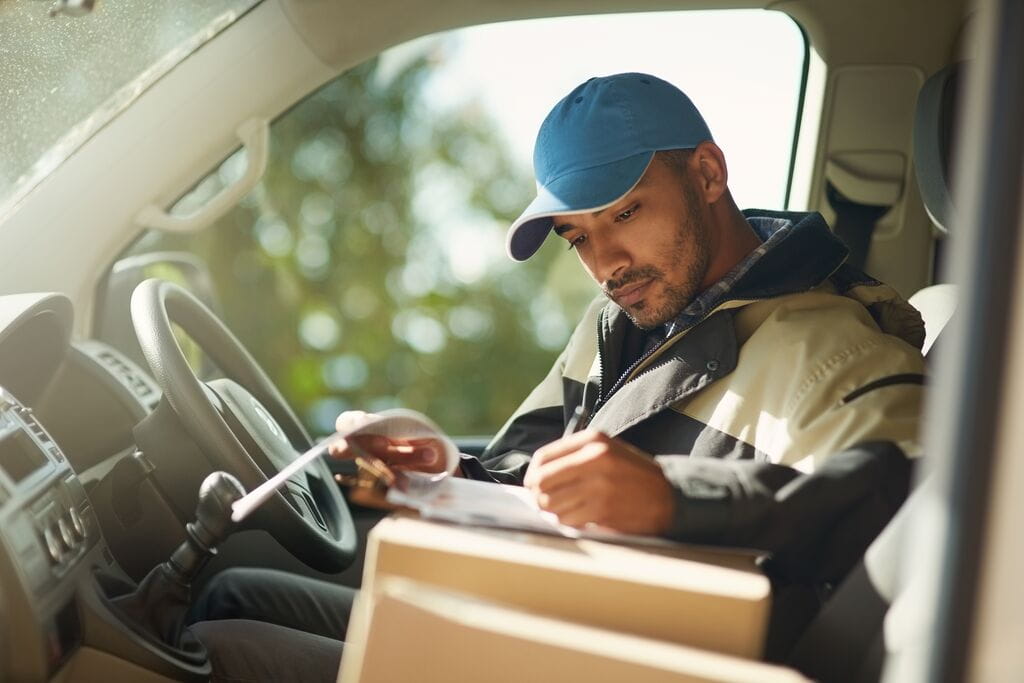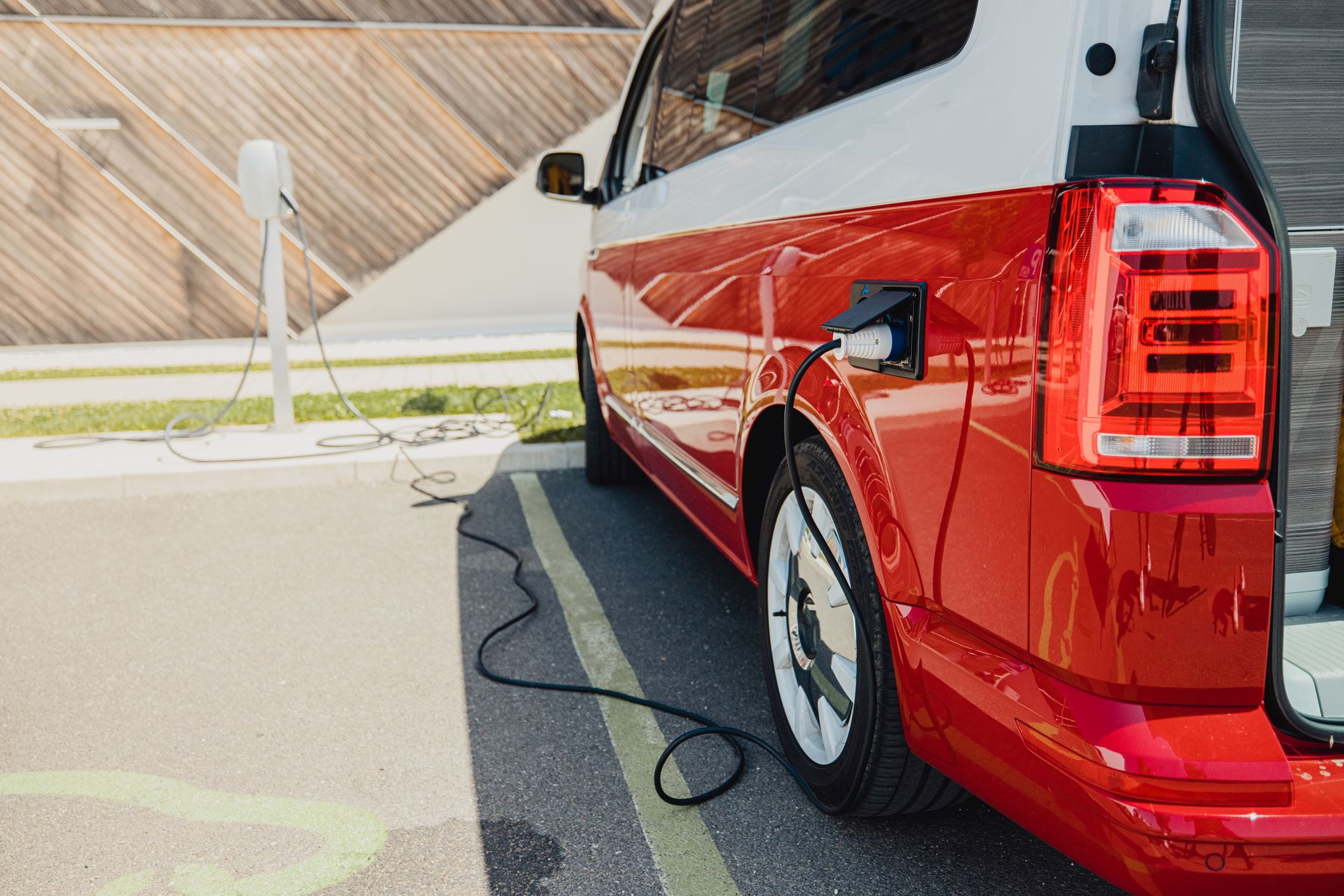- Help & support
- Login
- WebsiteLanguage
Latest news.

Press releases 2024
Availability of the 2023 Universal Registration Document
Ayvens informs the public that the 2023 Universal Registration Document was filed with the French F…
12 April - 1 min to read
12 April - 1 min to read

Corporate news
Ayvens excels in sustainability ratings with high ESG scores
We’re making strides in the realm of sustainability, as reflected in this year's exceptional enviro…
05 April - 2 min to read
05 April - 2 min to read

Corporate news
Ayvens and Wheels: Igniting global mobility management
The Ayvens & Wheels alliance, a longstanding partnership is set to emerge as a cornerstone in the g…
29 March - 4 min to read
29 March - 4 min to read

Corporate news
Ayvens and Dragon Rouge awarded GOLD at TOP/COM GRANDS PRIX
Ayvens and Dragon Rouge, a global design agency, received the Gold Award for best overall Design in…
28 March - 1 min to read
28 March - 1 min to read

Press releases 2024
ALD reappoints Tim Albertsen as Chief Executive Officer and John Saffrett as Deputy Chief…
21 March - 1 min to read

Press releases 2024
Ayvens reaches frame agreement with Stellantis to buy up to 500,000 vehicles
Ayvens Reaches Frame Agreement with Stellantis to Buy Up to 500,000 Vehicles, Making
Sustainable M…
26 February - 4 min to read
26 February - 4 min to read

Press releases 2024
Gender equality index
With respect to the law « Avenir professionnel » dated 5th of September 2018, ALD SA has determined…
14 February - 1 min to read
14 February - 1 min to read

Press releases 2024
Ayvens reports FY 2023 results
08 February - 4 min to read
Latest blogs.

Safety
Inspiring inclusion through vehicle design and testing
While you may see your car as a gender-neutral mobility tool, that couldn’t be further from the tru…
08 March - 3 min to read
08 March - 3 min to read

Total cost of ownership
Cost saving tips for LCV fleets
In the world of commercial transportation, effectively managing a fleet of light commercial vehicle…
05 February - 3 min to read
05 February - 3 min to read

Sustainability
Low-emission zones: what do they mean for last mile delivery?
In the midst of an escalating global climate crisis, cities around the world are taking bold measur…
23 January - 3 min to read
23 January - 3 min to read

Innovation
Top EVs expected in 2024
Transitioning to a 100% electric car? Unsure which electric vehicle is your perfect fit? Explore ou…
16 January - 3 min to read
16 January - 3 min to read

Total cost of ownership
The ultimate guide to commercial fleet management: TCO vs. TCO+ unveiled
In today’s ever-evolving landscape of commercial fleet management, comprehending the financial intr…
15 December 2023 - 4 min to read
15 December 2023 - 4 min to read

Innovation
3 Trends Shaping the Mobility of 2030
The world is moving towards a more sustainable, decarbonised future and it’s imperative for Ayvens …
15 December 2023 - 4 min to read
15 December 2023 - 4 min to read

Sustainability
The road to sustainability: BEVs vs hydrogen cars
The world is at a critical juncture to reduce greenhouse gas emissions and combat climate change. O…
14 December 2023 - 1 min to read
14 December 2023 - 1 min to read

Fleet management
Maintaining the momentum: the crucial role of EV maintenance in electrification
The electric vehicle (EV) revolution is upon us, and as we navigate this transformative journey, it…
07 December 2023 - 4 min to read
07 December 2023 - 4 min to read
Power your future, drive the change.
Go electric.
Go electric.
About us
Solutions
International fleets
News
Investors
Sustainability
Careers
@2024 Ayvens Group is a leading global sustainable mobility player providing full-service leasing, flexible subscription services, fleet management services and multi-mobility solutions to a client base of large corporates, SMEs, professionals and private individuals. With the broadest coverage in 42 countries through direct presence, Ayvens is leveraging its unique position to lead the way to net zero and further shape the digital transformation of the industry through innovation and technology-enabled services to enable the transformation towards large scale adoption of sustainable mobility.
